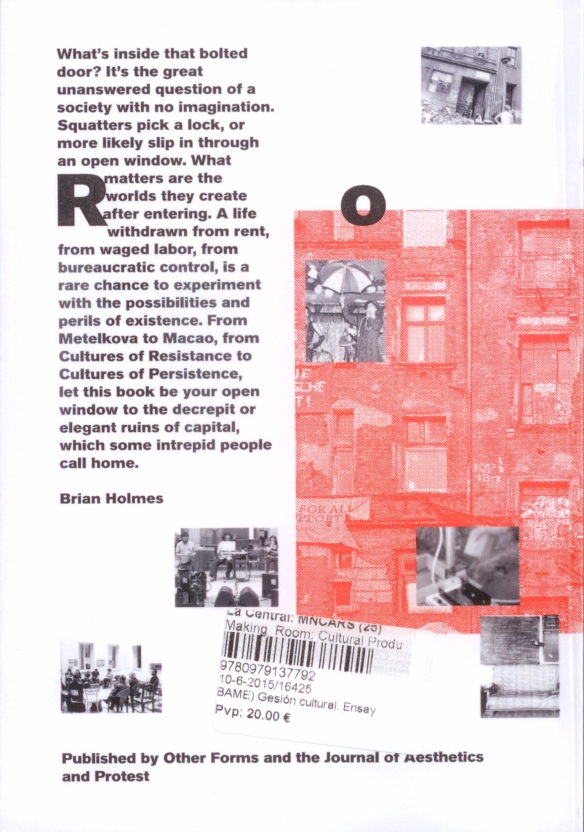PUBLICATIONS
Books
About the books
“Stephen Vilaseca’s translation of Ricardo Mella’s writings provides an invaluable glimpse into Spanish anarchism for English language speakers. Offering a rich and vibrant account that embraces the idea of perpetual formation, anarchism is to be understood and experienced as both unfolding process and mutual becoming. Vilaseca capably reflects on where his voice sits in relation to Mella’s, offering an account that is hybridized, lively, and highly relevant to the contemporary moment of social struggle.”
—Simon Springer, Professor, Human Geography and Anarchist Studies, The University of Newcastle, Australia
“We have a vital need for works like this book by Stephen Vilaseca, which rediscovers, translates and puts in their contexts the works of activist Ricardo Mella, whose trajectory well represents generations of self-educated proletarians who did not frequent universities but engaged with matters such as the possibilities and limitations of science (including geography and urbanism) alongside daily propaganda and mobilization. Most welcome!”
—Federico Ferretti, Associate Professor, Cultural and Historical Geography, University College Dublin, Ireland
“This Anthology will certainly inspire contemporary revolutionaries who want to recall the roots of the debates, principles and utopias proposed by early anarchists and socialists, which still are highly applicable nowadays.”
—Miguel A. Martínez, Professor, Sociology, Uppsala University, Sweden
Anarchist Socialism in Early 20th Century Spain is the first English translation of and critical introduction to Ideario, a collection of newspaper and journal articles written by Spanish anarchist Ricardo Mella. Given that Mella is virtually unknown to the English-speaking world, this book provides readers access to his extensive body of work about Spain, human nature, and a world increasingly dominated by capitalism. Suitable for both the general public interested in learning more about anarchist ideas and for scholars studying twentieth-century Spain, the three introductory essays help to introduce Mella, ground his work in the context of Spanish anarchism, and draw connections between Mella and the urban in late nineteenth- and early twentieth-century Spain. Stephen Luis Vilaseca’s translation is accessible and engaging.
Barcelonan Okupas: Squatter Power! Madison, N.J.: Fairleigh Dickinson University Press, 2013.
Reviews:
“Stephen Luis Vilaseca offers welcome insights into the landscape of a variety of Spanish cities, while providing clues to recent changes in Spanish political and urban attitudes.” (Enric Bou, 2017)
“Okupas is requisite reading for anyone interested in Barcelona, and for scholars concerned with the rise of populist movements in Spain – an important topic given the rise of Podemos and the election of Ada Colau as the mayor of the city.” (Vinodh Venkatesh, 2016)
“This study is a thoughtful and well-written contribution to the field that not only offers readers a careful analysis of what an okupa “is,” but demonstrates the ways that the embodied activism of okupas are attempting to rewrite the urban experience in Barcelona through the production, sharing, and “comonning”of culture—efforts that seek
to use Squatter Power to undermine the rigid social relations produced by the post-fordist city.” (Matthew I. Feinberg, 2014)
“Vilaseca’s study accomplishes its overall goal of introducing readers to the Barcelonan Okupas, their socio-political context, their history, and the many ways that they are seen and presented by themselves and others. The book’s index is clear and thorough, and the bibliography includes URLs to help readers locate the Internet sources Vilaseca incorporates and analyzes. This text will be a useful resource for undergraduates as well as graduate students and professors of Spanish, cultural, and media studies.” (Paul Cahill, 2014)
Articles in Refereed Journals (7)
“From Graffiti to Street Art: How Urban Artists are Democratizing Spanish City Centers and Streets.” Transitions: Journal of Franco-Iberian Studies 8 (2012): 9-34. Click to hear an interview with me inspired by my article
Co-Authored Editorials (3)
Review Articles (2)
“Félix Guattari and urban cultural studies.” Journal of Urban Cultural Studies 1.1 (2014): 137-144.
Chapters and Short-Form Articles in Books (6)
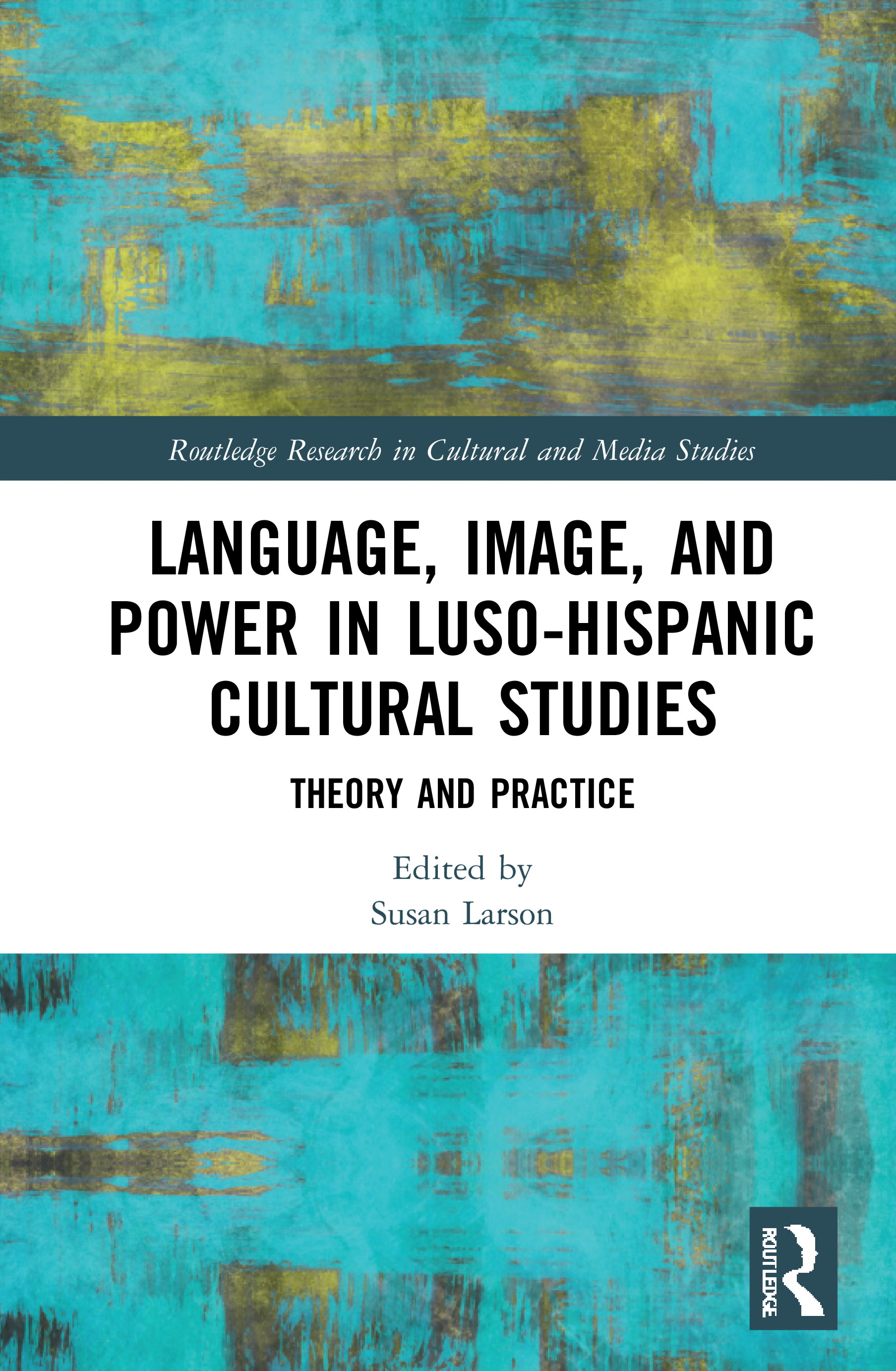
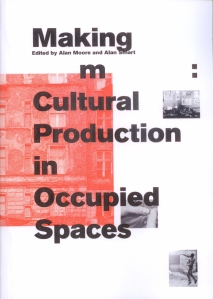 “Patio Maravillas’ Anti-gentrification Campaign against the TriBall Group” in Making Room: Cultural Production in Occupied Spaces, edited by Alan W. Moore and Alan Smart. The Journal of Aesthetics & Protest – Other Forms (2015): 272-275.
“Patio Maravillas’ Anti-gentrification Campaign against the TriBall Group” in Making Room: Cultural Production in Occupied Spaces, edited by Alan W. Moore and Alan Smart. The Journal of Aesthetics & Protest – Other Forms (2015): 272-275.

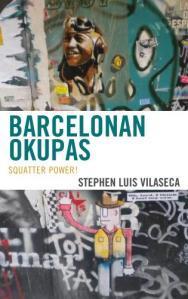




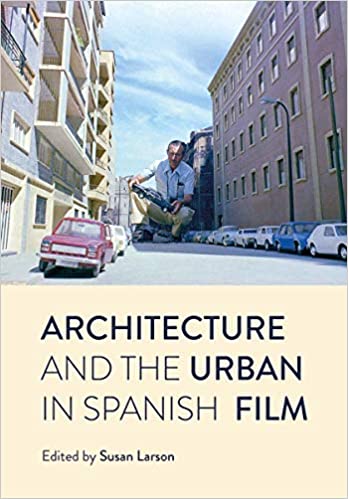 “Dead to Capitalism: Zombified Territory and Junkie Spaces in Cabanyal Z, or How to Unleash Monstrous Creativity in the Urban.” Architecture and the Urban in Spanish Film. Ed. Susan Larson, Bristol: Intellect Books, 2022. Print.
“Dead to Capitalism: Zombified Territory and Junkie Spaces in Cabanyal Z, or How to Unleash Monstrous Creativity in the Urban.” Architecture and the Urban in Spanish Film. Ed. Susan Larson, Bristol: Intellect Books, 2022. Print.

